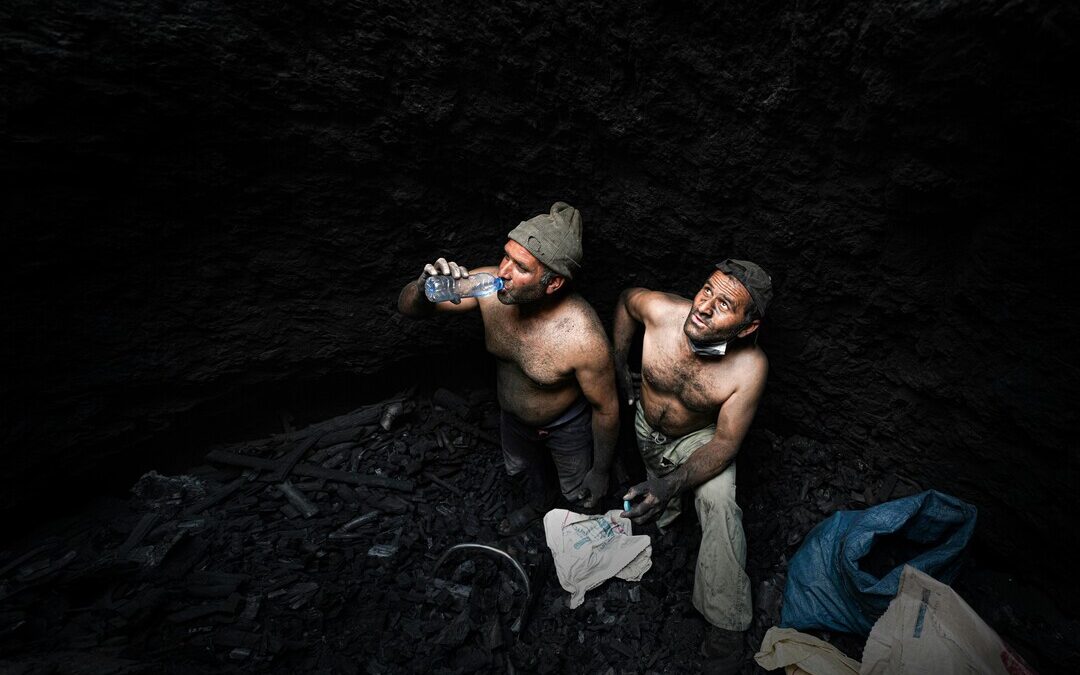ICMM Launches Tools to Strengthen Psychological Safety in Mining Sector
New ICMM guidance helps mining firms address mental health risks and improve safety culture across global operations.
The London-based International Council on Mining and Metals released a set of tools on Thursday designed to help mining and metals companies integrate psychological health and safety into their core operations, as the industry seeks to address mental health risks that continue to outpace those in other sectors.
The suite of resources, “Tools for Psychological Health and Safety,” offers practical guidance for managing psychosocial risks such as fatigue, trauma exposure, isolation and bullying—issues that remain prevalent despite advancements in physical safety.
“Better psychological safety leads to better physical safety,” said Rohitesh Dhawan, President and CEO of ICMM, in a statement. “When people feel able to speak up and bring their whole selves to work, they contribute to a culture that prevents serious harm.”
Tackling a Hidden Frontier
While mining operations have traditionally focused on mitigating physical hazards, ICMM noted that the sector must now address mental health challenges stemming from increasingly complex work environments and evolving workforce expectations.
The tools are aligned with international standards including ISO 45003 and national health and safety legislation. They follow the 2024 release of ICMM’s Diversity, Equity and Inclusion tools and are designed to complement existing risk management systems.
Four-Pillar Approach
ICMM’s framework spans the full mental health continuum and focuses on four key areas:
- Prevention: Embedding psychosocial risk management into business systems and designing mentally healthy work environments.
- Early Intervention: Training leaders, creating safe reporting pathways, and integrating mental health monitoring into daily operations.
- Response: Using trauma-informed care and workplace adjustments to support recovery and reintegration.
- Promotion: Encouraging positive work experiences that foster engagement and connection.
The model is modular and scalable, allowing companies to adapt implementation strategies based on site conditions, operational maturity, and available resources.
Push Toward Zero Harm
The initiative is part of a broader commitment by ICMM members to eliminate fatalities and achieve “zero harm” across the industry. The new resources will also help companies update their validated science-based targets, as mandated by the Science Based Targets initiative.
“There is no higher priority for ICMM members than keeping people safe and healthy at work,” Dhawan said. “These tools will help accelerate progress in building workplaces that are not only physically safe, but also psychologically supportive.”
Nirmal Menon
Related posts
Subscribe
Error: Contact form not found.


